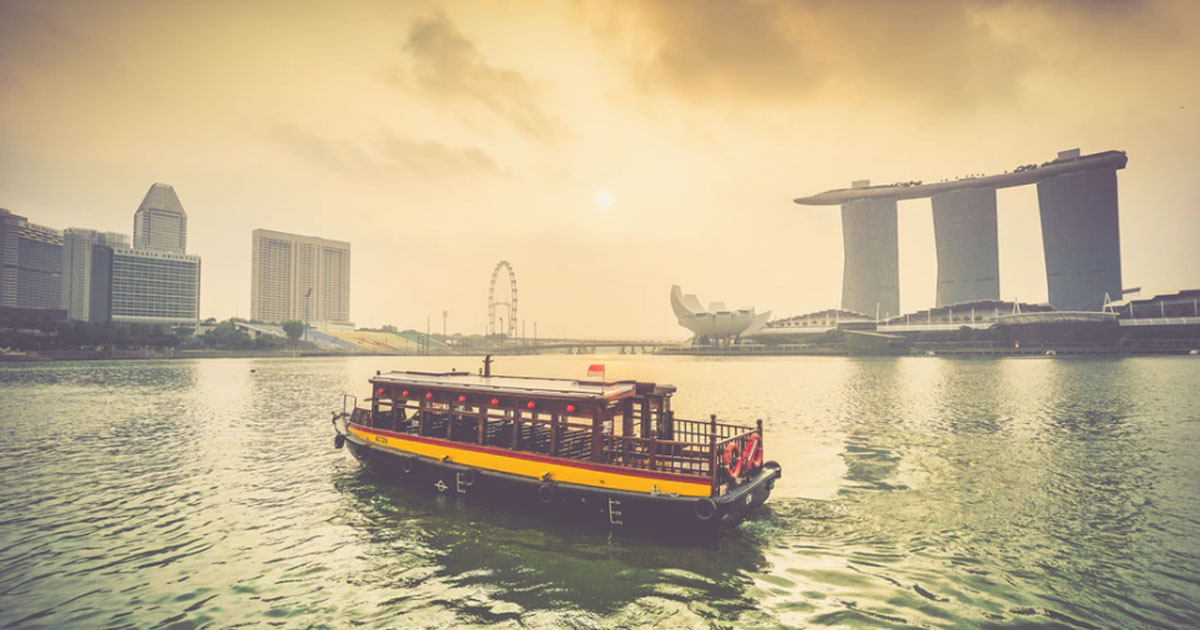The air quality in Singapore could worsen and the 24-hour Pollutant Standards Index (PSI) could fall between the 101 and 200 range.
The National Environment Agency (NEA) said on Thursday, Sep. 12 that the air quality could enter the Unhealthy range in the next 24 hours.
The prevailing winds are forecast to shift to blow from the southwest or south, which may "bring increased haziness" to Singapore.
This would happen if "the winds turn unfavourable and the haze situation in Sumatra persists". NEA said.
Singapore hazier
For the next 24 hours, the one-hour PM2.5 concentration readings are expected to range between Normal and Elevated, said NEA.
"The 24-hr PSI is forecast to be in the Moderate range, and may enter the Unhealthy range if the winds turn unfavourable and the haze situation in Sumatra persists."
A PSI reading of between 101 and 200 falls in the Unhealthy range.
Singapore was "slightly hazy" on Thursday, with the 24-hour Pollutant Standards Index (PSI) in the Moderate range of between 75 and 87 at 7pm.
The slightly hazy conditions were expected for the rest of the day.
Indonesia continues to burn
A total of 222 hotspots were detected in Sumatra, mostly in the Riau, Jambi and South Sumatra provinces.
In Kalimantan, 1,264 hotspots were detected.
"The haziness is due to smoke haze from hotspots in central and southern Sumatra being blown in by the prevailing winds," NEA said.
NEA also said some haze has been blown by the prevailing winds across the Strait of Malacca to affect Singapore and some parts of Peninsular Malaysia.
Some respite
NEA said "some showers are expected" for Singapore in the next few days.
Weather over Sumatra and Kalimantan will remain "generally dry".
NEA advised those who are healthy to reduce prolonged or strenuous outdoor physical exertion, while the elderly, pregnant women and children should minimise such activities.
Those with chronic lung or heart disease should avoid them.
In May 2019, haze predicted to come back:
If you like what you read, follow us on Facebook, Instagram, Twitter and Telegram to get the latest updates.
